Andrew deWaard
Oh, the era of the posts, what a wonderful time it is – err, was. Somehow, we have managed to conceive of culture as perpetual aftermath. Apparently we live in the wake of modernism, industry, colonialism, structuralism, feminism, humanity, trauma, punk – you name it, we’ve done it, and we’re already past it. I can’t wait for what we’ll be post next, maybe post-global? Surfin’ the interplanet. Post-race? Well, as Curb Your Enthusiasm reminds us, “if we all keep fucking each other, then we’re all gonna be the same race sooner or later anyways.” Post-irony? I guess sarcasm would implode on itself, forming a black hole of irony only The Simpsons could have predicted: “Are you being sarcastic man?” “I don’t even know anymore.” Post-violence? Well, genetic manipulation is making a lot of progress… In these days of the cultural arms race, the next post is right around the corner. I’m anxiously awaiting post-nouveau; I want to be too cool for what’s not even here yet.
In the meantime, what we can tell you is that we are Post-Genre. Film genre is the most abused and weakened of the major film studies approaches; even auteur theory – the other battered victim on the proverbial playground – has more vitality than genre. But like auteur theory, we continue to use genre because, well, we like it. We all love certain directors and we all love certain genres; there is no denying it. Hitchcock and Noir will remain beloved for time immemorial. Genre may be an easy or convenient starting point for analysis and interpretation, but how much does it really matter anymore? Maybe the core film genres have just been around too long; they’ve been maimed and manipulated to such a degree that they no longer resemble their ‘original’ self in any substantial way. Oh sure, part of what makes genres tick are their penchant for constant reinvention, but how useful is it to analyze a film from the perspective of it being a scary movie or an epic movie when there is Scary Movie and Epic Movie? Somewhere, someone is writing Genre Movie, and when it finally comes out, genre is officially over.
But alas, like all of the other posts, we can’t seem to fully commit to our self-imposed exile. We can’t really leave genre behind anymore than we can abandon modernism or industry or structuralism – we’ve just mutated it to the point that it somehow feels new or different. Maybe we should start thinking ‘post’ as less of a temporal marker and more like computational logic. Let’s think of it as an upgrade: Genre 2.0, based on the same fundamental hardware, but with such forward-thinking software that it hardly warrants comparison. DOS and Pong don’t matter anymore, why do our dated conceptions of genre still proclaim relevance?
Behold, Post-Genre, in which the rules no longer apply. Or, the rules are so flexible that characterizing them as ‘rules’ is a tremendous disservice to how genre now functions. The following eleven genre-interjections speak to this liminality. What if, as Susan Ingram ponders, a new generation of ‘glurban’ filmmakers are creating their own, distinctly ‘European’ genre of film? And what if their linguistic specificity, which Colleen Montgomery explores, is depoliticised with inadequate and insufficient subtitling? What about when explicit preoccupations with the body, as Graeme Krautheim and Brenda Cromb evaluate, overwhelm traditional conceptions of genre? And what if certain cycles of film can be more appropriately perceived as distinct cinemas; Andrew Patrick Nelson identifies a Cinema from Attractions, while Brent Strang demonstrates a Cinema of Cruelty. From an industry standpoint, HBO proves an important aberration, as R. Colin Tait shows in his analysis of the television network’s reliance on and transformation of traditional film genre, while Alasdair McMillan focuses in on The Wire’s transcendence of genre. Gender can be seen as another transformative component to genre, as Barry Keith Grant shows in his reconsideration of masculinity in the work of D.W. Griffith, I show in my melodramatic reading of the ’hood film, and Katherine Barscay finds in the work of Kathryn Bigelow.
All bets are off. This is no country for old genres.
Welcome to the fourth incarnation of Cinephile, a project that would not have been possible without the support (financial and administrative) of our wonderful department at UBC, our fearless (and patient) advisor Ernest,1 my ever-helpful associate editor Brenda, our editorial board, our extremely talented illustrator Bobby, and many others.2 When we sent out our Call for Papers last fall we asked for “brave new approaches to film genre, of any shape or form” and required that they be “forceful, pithy, and poignant interventions that are just as bold as the medium they are exploring.” On behalf of everyone involved, I am proud to present our fulfillment of that plea, and hope you enjoy our hard work. Afterwards, you’ll have ample cocktail party fodder with such chic terminology as ‘Gorno’ and ‘Cosmotrash.’ You’re so post-nouveau.
2. I can’t express my thanks enough to Barry Keith Grant, who not only provided us with an exciting glimpse from his new book, Shadows of a Doubt: The Fallacy of the Crisis of Masculinity, but did so from a hospital bed recovering from multiple by-pass surgery! Dr. Grant, you sir, are a gentleman and a scholar.

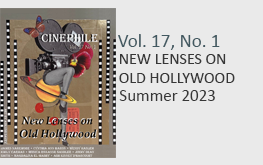
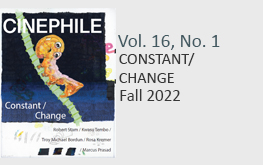
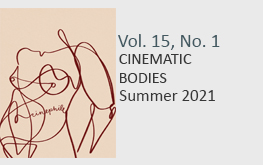
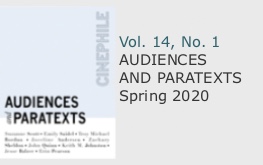
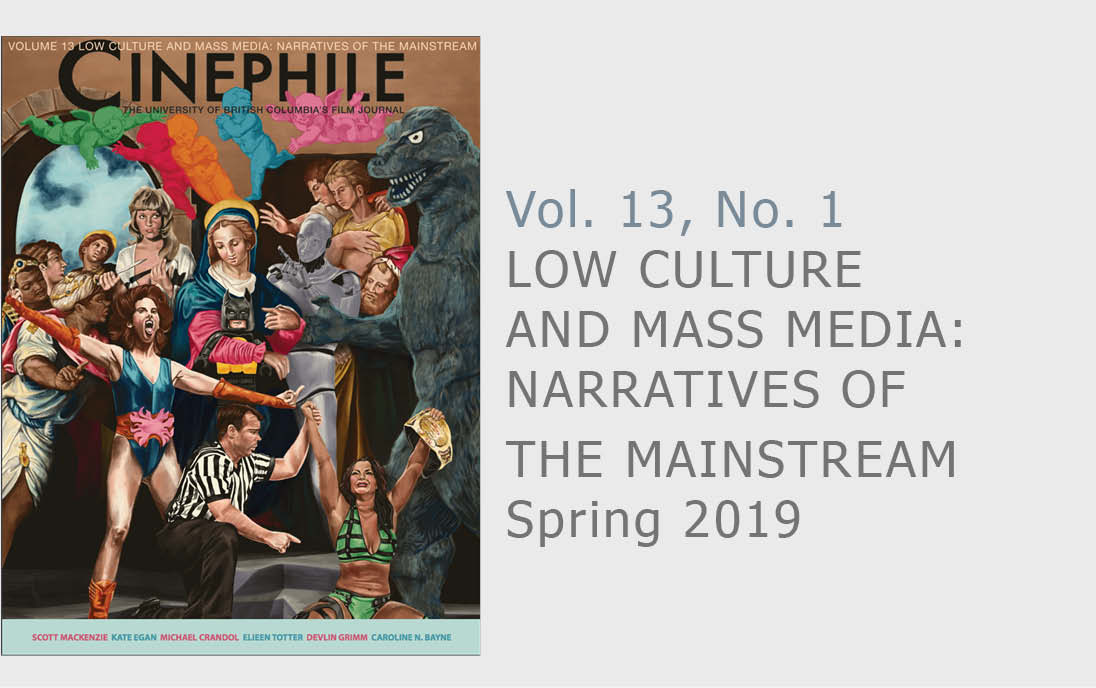
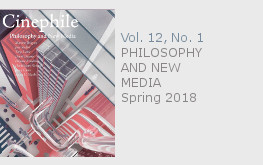
[…] Hantke concludes his essay by considering my thoughts on ‘Post-Genre’ in the Editor’s Note I wrote for Cinephile Vol 4.1. Much has been made in recent years of the death of genre, or at […]